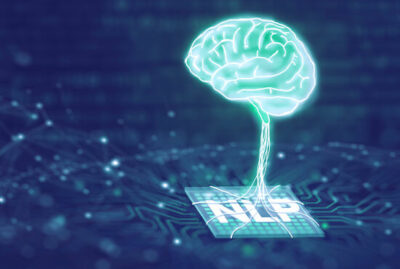Amidst the global clamour, the burning question on every business leader’s mind echoes loud and clear — ‘What is our ChatGPT play and how do we make money off it?’

The field of natural language processing (NLP), and more broadly machine learning (ML), has often been perceived as a mysterious or magical domain by non-technical individuals, particularly within the healthcare industry. C-level executives and managers typically had only a superficial understanding of AI’s potential for their businesses.
However, the emergence of ChatGPT has provided these individuals with a clearer vision of the value that NLP and, more generally, artificial general intelligence (AGI) can bring to the table. The ease of use and accessibility of ChatGPT, a strategic product development move by OpenAI, allows non-technical executives to appreciate the possibilities and achievements enabled by AI.
Armed with their business acumen, cost-cutting measures, and an understanding of the current hype around LLMs, these individuals are now exploring ways to integrate large language models into their organizations’ workflows. As a result, the nature of inquiries and expectations from prospects has shifted dramatically due to the buzz surrounding ChatGPT and LLMs.
This paradigm shift has also impacted in-house developers and data scientists working on existing workflows. They now find themselves explaining to their managers how LLMs function and addressing questions about on-premises LLMs, fine-tuning with proprietary data, and the potential benefits of implementing such models. This newfound awareness has caused a significant shift in the industry’s landscape and heightened the expectations around AI’s capabilities.
The consequences of the paradigm shift caused by ChatGPT in the perception of AI and NLP among non-technical executives and managers are:
- Increased interest and investment in AI and NLP solutions across various industries, particularly in healthcare.
- A growing demand for AI-powered tools and platforms that are easy to use and require minimal technical expertise.
- A shift in the nature of client inquiries and expectations towards leveraging LLMs for business workflows and processes.
- A heightened sense of urgency among in-house developers and data scientists to adapt and integrate LLMs into existing workflows, as well as educate stakeholders on the potential benefits and limitations of these models.
- A potential increase in the number of AI and NLP-focused startups and projects, as more people recognize the value and possibilities offered by LLMs.
- A potential shift in AI talent allocation, as professionals may be drawn to projects that leverage LLMs or focus on improving their capabilities.






























